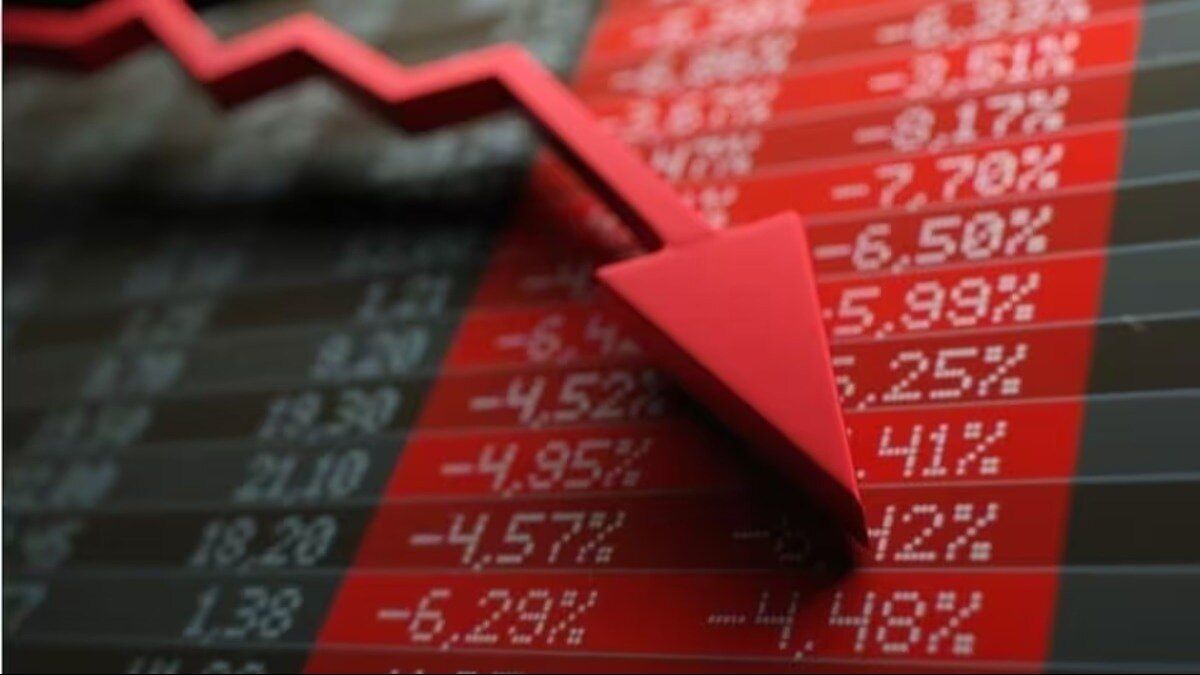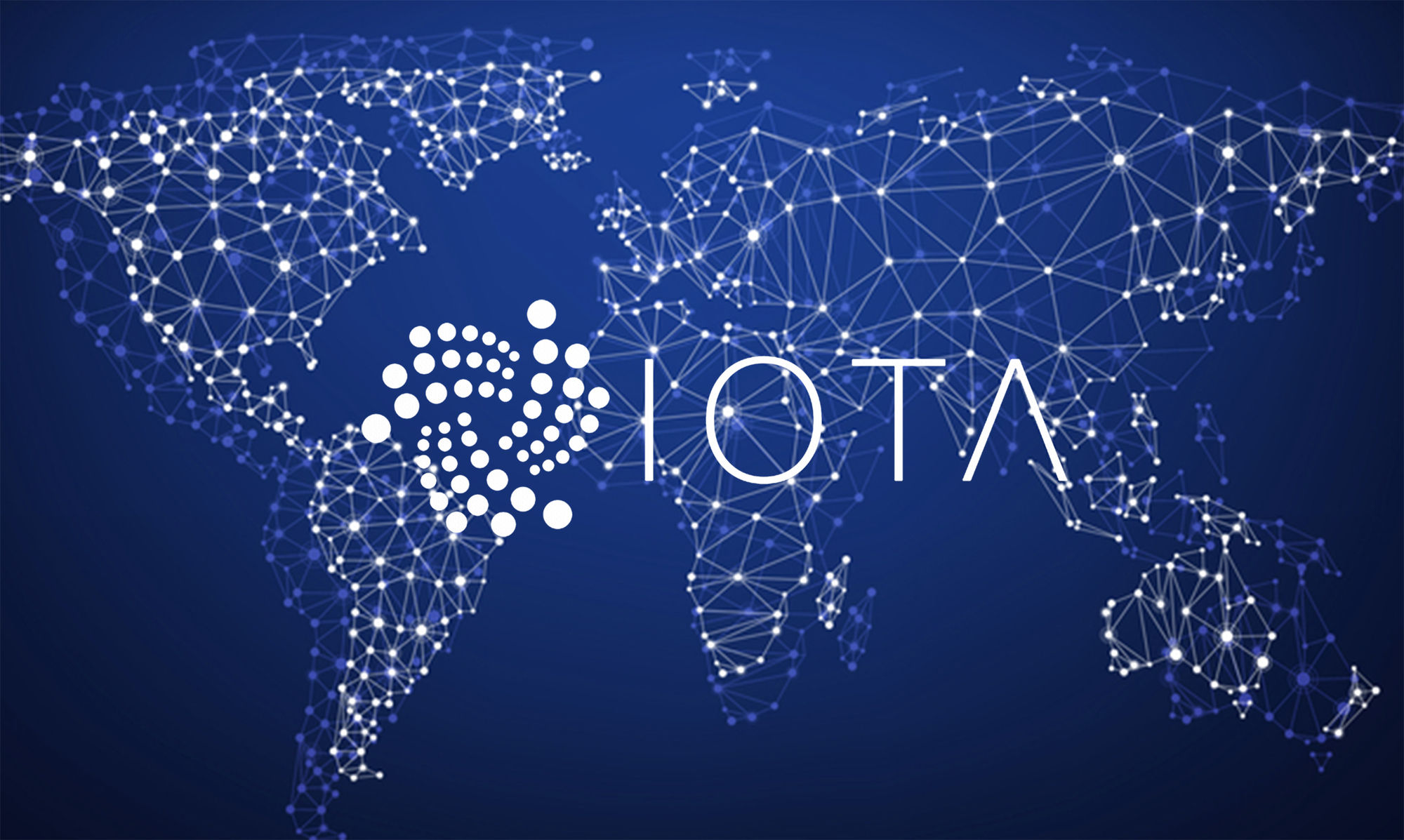In a major policy shift unveiled during Hong Kong Fintech Week, regulators have green-lit licensed cryptocurrency exchanges to connect with global liquidity pools, a move set to reshape trading flows across Asia and beyond.
The initiative positions Hong Kong at the forefront of global crypto finance, signaling a push to marry international market access with the city’s hallmark regulatory rigor.
Regulatory Shift in Hong Kong
Hong Kong’s Securities and Futures Commission (SFC) revealed that licensed virtual asset trading platforms (VATPs) can now integrate order flows from affiliated overseas platforms via shared order books.
Previously, exchanges operated in a closed-loop structure, limiting trading activity to Hong Kong-based orders. The latest guidance, published in tandem with Hong Kong Fintech Week, marks the first implementation step of the SFC’s “ASPIRe” roadmap, tailored to attract international platforms and global liquidity providers.
The new framework aligns crypto trading more closely with established financial regulations, enabling Hong Kong-based investors to benefit from deeper markets and potentially tighter spreads.
The SFC is also exploring further reforms, including permitting licensed brokers to route client orders to regulated overseas liquidity pools under the same corporate group, a move with no set timeline but substantial anticipated market impact.
Investor Protection Measures
Historically, Hong Kong has combined strict compliance with increasing ambition in digital assets. An SFC license is required for all centralised cryptocurrency platforms that strictly follow anti-money laundering (AML) and counter-terrorist financing (CTF) regulations.
In addition to implementing thorough due diligence and risk management procedures and maintaining segregated client funds, these institutions must also submit to regular audits by authorities. Retail investors must fulfil certain eligibility conditions, such as being a professional investor with a portfolio of at least HKD 8 million, in order to use regulated platforms.
By allowing exchanges to list virtual assets for professional investors without the previously necessary 12-month track record, the updated advice further broadens the range of platform products available. The authorised suite includes tokenised securities and stablecoins licensed by the Hong Kong Monetary Authority, giving investors more access to digital assets under controlled circumstances.
READ MORE: Tron Price Prediction as a Risky TRX Pattern Emerges














